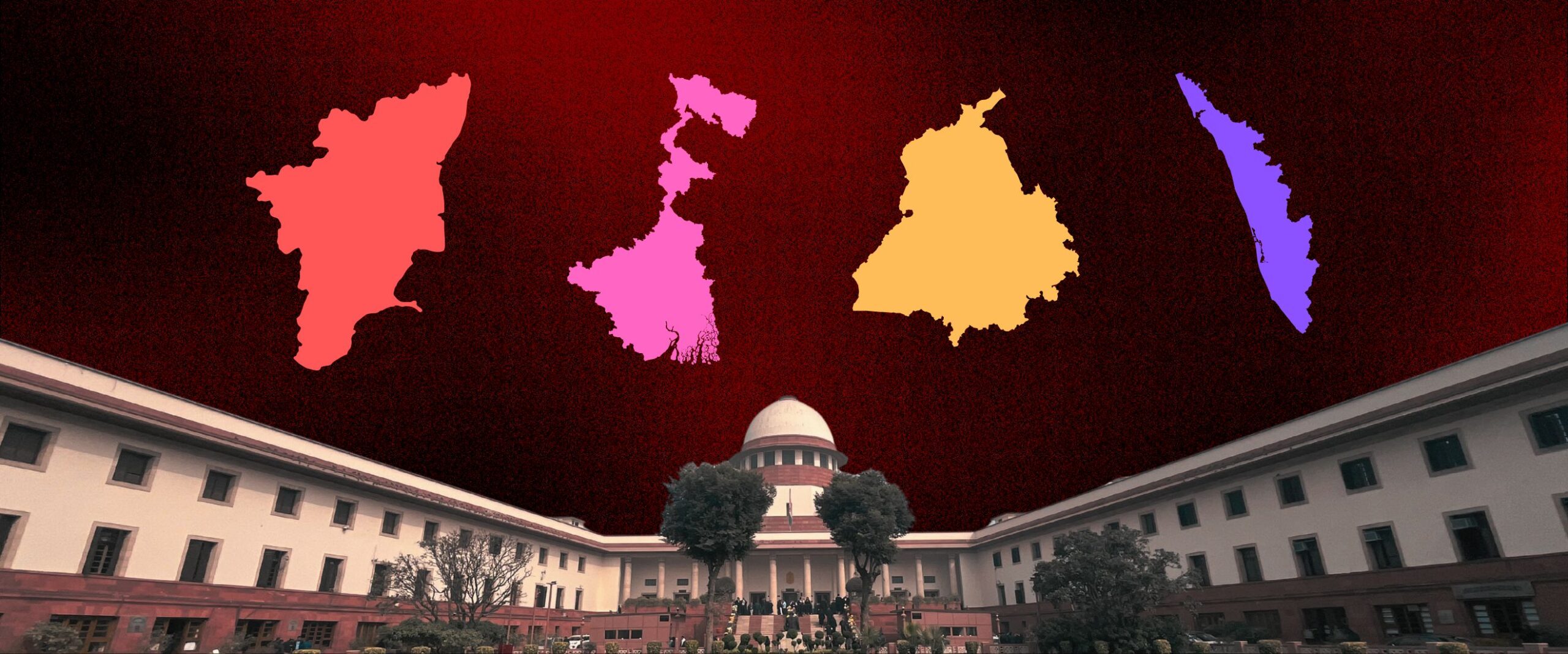Analysis
Tamil Nadu argues, once again
If the Court expands the scope of the Governor’s discretion under Article 200—even in an advisory opinion—it could open a can of worms

Last month, a five-judge Bench led by Chief Justice B.R. Gavai began hearing a Presidential Reference on the limits of a Governor’s and President’s discretion when granting assent to Bills passed by state legislatures. The Reference was made a month after a two-judge Bench delivered its verdict in the Tamil Nadu Governor case, making it evident that the questions raised were a direct response to that decision.
In TN Governor, the Court declared that the Governor does not possess an absolute veto on Bills and also set timelines within which they must act. The decision attracted consternation from the ruling Bharatiya Janata Party: chief among the critics was Jagdeep Dhankhar, who was the Vice President at the time.
This week, as part of arguments in the Reference, the Opposition-ruled states of Tamil Nadu (once again!) and West Bengal argued against the discretionary powers of the Governor. They submitted that a Governor has no legislative power in the process—assent is the only option available under Article 200 unless a Bill is returned to the state assembly or referred to the President.
Senior Advocate Kapil Sibal, appearing for West Bengal, argued that a Governor can exercise discretion only in instances that have been expressly identified in the Constitution. He submitted that no such provision exists under Article 200 and that the decision to assent or return a Bill must be based on the aid and advice of the Council of Ministers.
The Opposition-ruled states’ primary concern is that conferring broad discretionary powers on a Governor—who is seen as a nominee of the Union in the state—would undermine the democratic form of government. To support their argument, they emphasised the role of the Council of Ministers. Tamil Nadu Governor reinforces this point by noting that the Ministers are objectively better equipped to make laws since they “understand the legislative requirements of the state.”
The Court had also reiterated that a state could approach a constitutional court to compel the Governor to act on a Bill. Now, in the Reference, the Union is revisiting this position by arguing that judicial scrutiny of a Governor’s actions during an ongoing legislative process amounts to interference in law-making.
Indeed, there will be both political and constitutional implications if the Court opines in favour of discretion and against judicial review. Granting discretion could allow a Governor to choke the law-making process, as seen in the circumstances that led to the Tamil Nadu Governor case. Closing the door to judicial review could leave states without remedy against a Governor’s actions.
In Tamil Nadu Governor, the Court explicitly referred to a political implication when it observed that an “obstacle” created by a Governor negatively affects an elected government’s chances of returning to power. In State of Punjab v Principal Secretary to the Governor of Punjab (2023), the Court had noted that law-making “squarely lies in the domain of the state legislature.”
The constitutional implications of wider discretion would be a reversal of the dynamic between the Governor and the Ministers. In State of Punjab, the Court noted that a Governor acting on the aid and advice of the Council of Ministers is one of the “fundamental principles of constitutional law,” given that governance “essentially lies within the elected arms….”
The hearing will continue on Tuesday next week, after which we expect the Court to reserve its opinion. Remember that the Court’s opinion in a Presidential Reference has persuasive—and not authoritative—value. My colleague V. Venkatesan has written that “there is no reported instance of the Court’s advisory opinions being flouted or openly disobeyed.” Will it open a constitutional can of worms if the Constitution Bench goes against the two-judge Bench’s decision in Tamil Nadu Governor? Watch this space for more!
Subscribe to SCO’s Weekly newsletter!